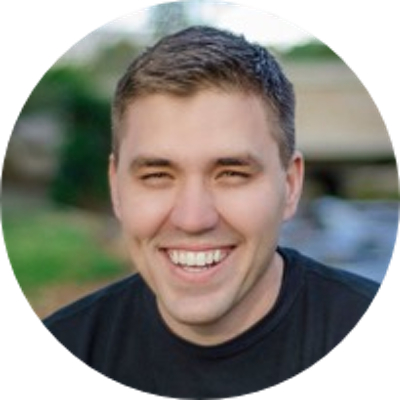Name: Sarah Hierl
Age: 22
College & Majors/Minors: University of South Florida St. Petersburg, Bachelor’s in English Literature and Cultural Studies
Current Location: Clearwater, Florida
Current Form of Employment: Legal Assistant for an Insurance Defense Law Firm
Where do you work and what is your current position?
At the moment I work at Cole, Scott & Kissane, P.A., as a sort of assistant to the legal assistants. I help a team of around twenty people with any overflow work that they come across (which tends to be a lot, as our firm is one of the largest in Florida). I do quite a few things, such as drafting and serving pleadings and subpoenas, tasking trial orders to ensure the attorneys have accurate deadlines to follow for trial, as well as transcribing billing and correspondence for about three of the firm’s managing partners. It is quite a big job that takes a lot of time management to avoid getting overwhelmed.
Tell us about how you found your first job, and how you found your current job (if different).
Well, my first job ever was as a Kids Zone Employee at Brighthouse Networks Field, a baseball field near my house where the Philadelphia Phillies had their spring training. I found the job through a friend I was in a volunteer club with, which launched me into my first ever work experience! I was responsible for attending the playground and various games in the kids zone, such as our batting game and bounce house. Although, the most challenging part was babysitting some of the tipsy adults trying to use the bounce house.
I found my current job through my sister, who is actually a client of our firm. She is an adjuster and has many connections with different attorneys in different firms. I was looking for a firm that would work with my college class schedule, and CSK just happened to work out perfectly for that. As I worked here longer my responsibilities have grown and I’ve learned many valuable new skills as well. I am currently looking to move outside of the legal field to a career which offers more room for growth without requiring additional degrees, as that isn’t something I can afford right now.
““Knowledge of spelling and grammar is super important in the legal field, since one mistake on a pleading could cost the firm or client millions of dollars, or even cause a legal malpractice case (definitely no bueno).””
What was another writing-related job that was important in your career?
I would say that the first law firm I worked for, Vernis & Bowling of the Gulf Coast, P.A., really gave me a leg-up in the way of proving my skills in order to be successful in a career. I had always been told that an English degree was going to be useless unless I went into teaching, but the managing partner of the branch would introduce me to guests as “the resident English major,” which always gave me a lot of pride in what I chose to do. Knowledge of spelling and grammar is super important in the legal field, since one mistake on a pleading could cost the firm or client millions of dollars, or even cause a legal malpractice case (definitely no bueno).
What did you do in college to prepare for your post-grad life?
I was fortunate to have professors that stressed preparing a portfolio for future applications. Though I was often stressed and cursing the time I spent on carefully compiling one of each document I wrote for every single class, I now appreciate the results of that hard work. I was also taught how to prepare a resume, something that I feel isn’t often adequately stressed to college students, but which makes a MASSIVE difference once you graduate. Jobs don’t even look at you if your resume is sloppy or has poor spelling. It was a huge bonus that my teachers cared about giving us tips that would help in the real world.
““Also, if you graduate and end up stuck as to where to apply, start with administrative positions. Most start with a decent pay rate of 10-15 dollars an hour, and you can always find the ones that have room for upward mobility. There is no shame in starting from the bottom and working your way toward success, as cliche as that sounds.””
What is your advice for students and graduates with an English degree?
Don’t listen to the people who tell you that an English degree is useless. It may be more of a niche job rather than finding a Fortune 500 company to work for, but there will always be work for you. We all know how bad Microsoft Word is at grammar checks and spelling, so having a human with the skills to edit and write properly is invaluable to a lot of companies right now. Also, if you graduate and end up stuck as to where to apply, start with administrative positions. Most start with a decent pay rate of 10-15 dollars an hour, and you can always find the ones that have room for upward mobility. There is no shame in starting from the bottom and working your way toward success, as cliche as that sounds. I had many times where I wanted to give up, but one thing that we young people have is a lot of drive, and that has kept me going. Not to mention, who knows how far it will take me? I still have a lot of time to find out!



















































